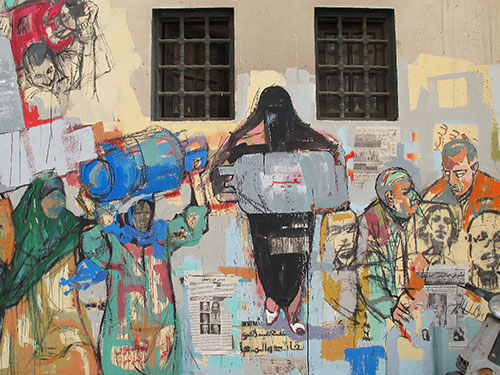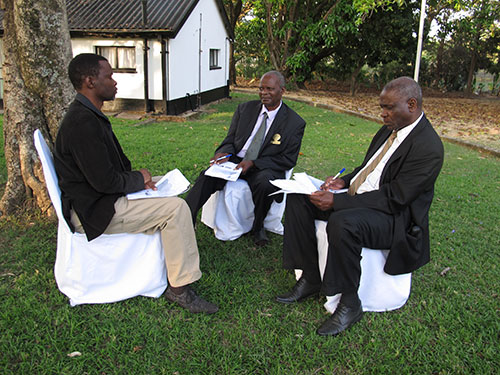
This article is based on a collection of insights published in “Gender in Mediation: An Exercise Handbook for Trainers”, produced by the Center for Security Studies at ETH Zurich in November 2015.
How can conflicts be resolved without one side imposing their view of what is right and good on the other side? This is at the heart of mediation as a method to deal with conflict, and also at the heart of a transformative understanding of gender equality. Both approaches question paternalistic and patriarchic ways of resolving conflict, where a leader decides what is right for others without listening to their views. Rather than seeing gender equality as a question of political correctness and normative necessity, we should explore it as a fundamental shift in how we shape societies and deal with conflict: questioning patriarchy and fostering cooperative decision-making processes.


